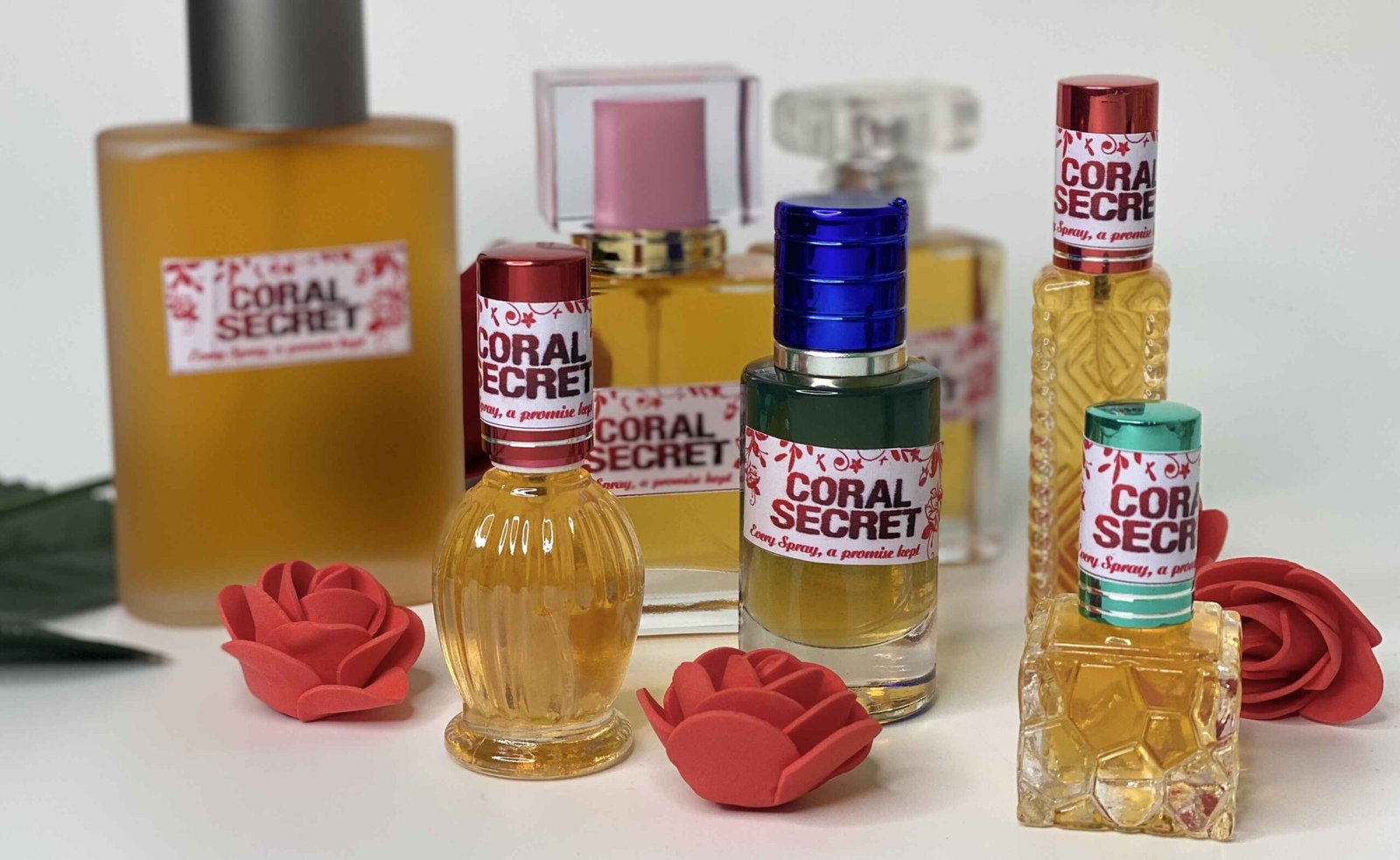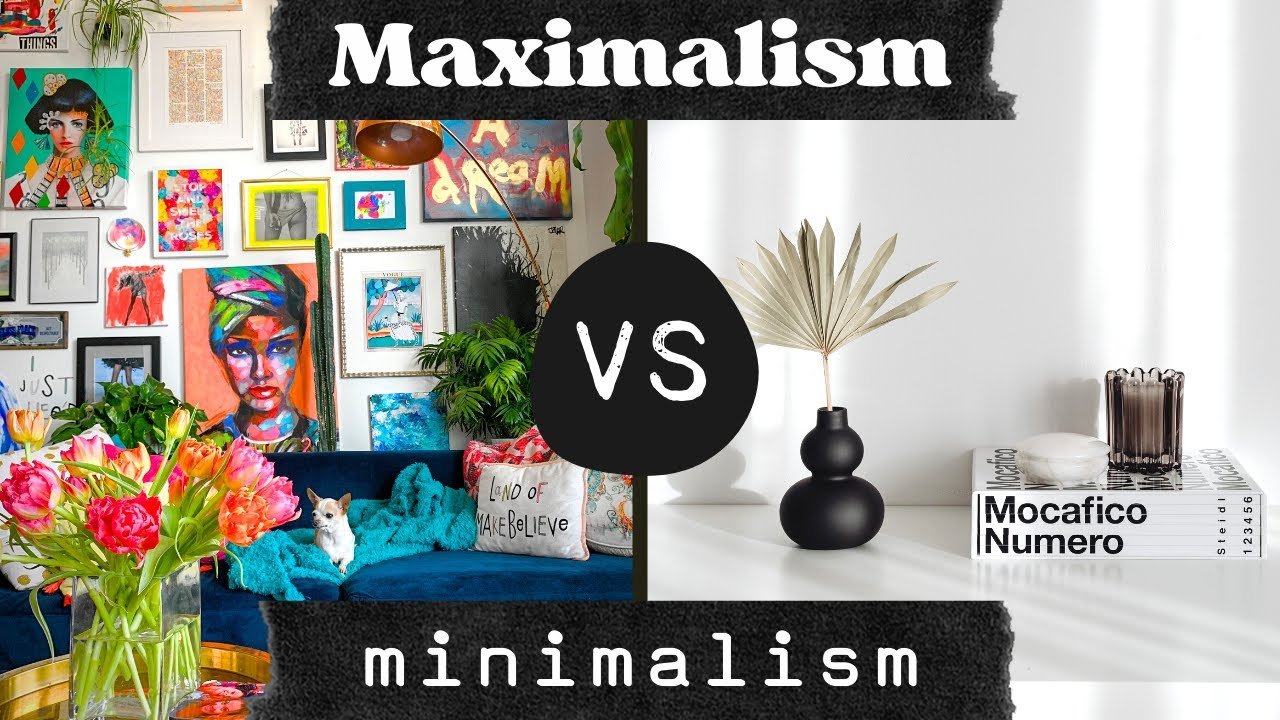How to Start Perfume Business in Nigeria

Starting a perfume business in Nigeria can be a highly rewarding venture due to the country’s growing middle class, appreciation for personal grooming, and increasing demand for both luxury and affordable scents. Whether you’re looking to create your own fragrance line or sell imported perfumes, the key is proper planning, branding, and understanding the local market.
Here’s a descriptive breakdown with key points and examples on how to successfully start and grow a perfume business in Nigeria:
1. Conduct Market Research
Before diving into the perfume business, research is essential to understand:
-
Consumer behavior: What type of perfumes are popular? Are people more interested in branded (e.g., Dior, Chanel) or locally made oils?
-
Target market: Are you selling to students, professionals, fashionistas, or religious customers?
-
Competitors: What are they offering? At what price points?
Example: If you’re in Lagos Island, you might find a demand for high-end branded perfumes. In contrast, in Abuja or Port Harcourt, oil-based long-lasting perfumes may be more in demand among working professionals.
2. Choose a Business Model
Decide what part of the perfume business you want to focus on:
-
Retailing imported perfumes (buy and resell)
-
Wholesaling to boutiques and resellers
-
Creating your own fragrance line (local production or outsourced)
-
Oil-based perfume blends (also called Arabian oils)
-
Dropshipping or e-commerce perfume store
Example: A growing trend in Nigeria is selling Arabian oil perfumes (like Oud and Musk) in attractive small bottles. They're affordable, long-lasting, and profitable.
3. Start Small with a Unique Value Proposition (UVP)
Your business should stand out with something unique, such as:
-
Long-lasting scents
-
Affordable luxury
-
Custom perfume bottles
-
Personalized fragrance blending (signature scents)
Example: “ScentQueen Nigeria” on Instagram offers custom name engraving on perfume bottles, giving their business an edge over others.
4. Source Your Products or Ingredients
You can choose to:
-
Import branded perfumes in bulk from countries like the UAE, UK, or Turkey.
-
Buy locally from wholesalers in areas like Trade Fair Market (Lagos), Balogun Market, or Ariaria Market (Aba).
-
Make your own blends by buying perfume oils and alcohol and mixing them in correct ratios.
Example: A perfume startup may buy fragrance oils in Ojota, Lagos, mix them with fixatives, and package them with custom branding for resale.
5. Register Your Business
Register your business name with the Corporate Affairs Commission (CAC).
Also consider:
-
Getting a NAFDAC number if you’re producing perfumes locally.
-
Opening a business bank account.
-
Securing a tax ID (TIN).
Tip: Registering builds trust with suppliers, allows you to open merchant accounts, and positions you as a legitimate brand.
6. Create Attractive Branding and Packaging
In the perfume industry, appearance sells. Your perfume must look and feel premium, even if it's affordable.
Key branding components:
-
Logo
-
Bottle design and packaging
-
Brand colors
-
Slogan (e.g., “Luxury in Every Drop”)
Example: A perfume brand called “Scents of Naija” could have a cultural theme using Ankara-patterned labels to appeal to local pride and aesthetics.
7. Build Online and Offline Presence
-
Instagram & TikTok: Showcase your perfumes with videos, customer reviews, and scent descriptions.
-
WhatsApp Business: For direct orders, catalogue display, and updates.
-
Mini E-commerce store: Use platforms like Flutterwave Store or Shopify.
-
Offline: Sell at salons, boutiques, offices, and churches.
Example: Some small-scale perfume sellers use Instagram reels showing how they mix and bottle perfumes to create trust and attract more customers.
8. Start With a Realistic Budget
You can start with as little as ₦50,000 – ₦200,000, depending on your model.
-
₦50,000 – ₦80,000: Buy perfume oils and small bottles to blend and sell.
-
₦150,000 – ₦250,000: Buy branded perfumes or produce larger volumes.
-
₦300,000+: Invest in packaging equipment, custom labels, or store rent.
9. Offer Multiple Sizes and Price Points
Not everyone can afford 100ml perfumes, so offer:
-
3ml, 6ml, 10ml, 30ml samples
-
Subscription boxes (monthly scent delivery)
-
Combo deals (e.g., buy 3 and get 1 free)
Example: “ScentHub” sells pocket-sized perfumes for ₦1,500 targeted at students and low-income earners.
10. Market Your Perfumes Creatively
Marketing Ideas:
-
Offer free samples or testers
-
Run referral programs: “Bring a friend, get 10% off”
-
Do scent parties or “smell-and-shop” events
-
Partner with influencers or beauty salons
11. Scale Up Your Business
Once your customer base grows:
-
Get a small shop or perfume kiosk.
-
Expand your product line (body sprays, deodorants).
-
Build a distributor network.
-
Launch your signature fragrance.
Example: A seller who started on Instagram later opened a mini fragrance bar in Ikeja Mall, offering both custom blends and imported perfumes.
12. Challenges to Prepare For
-
Fake products in the market – Always verify suppliers.
-
Heat sensitivity – Store oils and perfumes away from sunlight.
-
Capital limitations – Start lean and reinvest profits.
-
Trust issues online – Use testimonials and offer payment-on-delivery options if possible.
Final Tips for Success
-
Focus on long-lasting perfumes—Nigerians love strong scents.
-
Learn basic scent mixing if you want to create your own brand.
-
Stay updated on fragrance trends and packaging ideas.
-
Keep records of customers and restock based on what sells best.
Would you like a business plan template or branding name ideas for your perfume line in Nigeria?
Write in comment section








